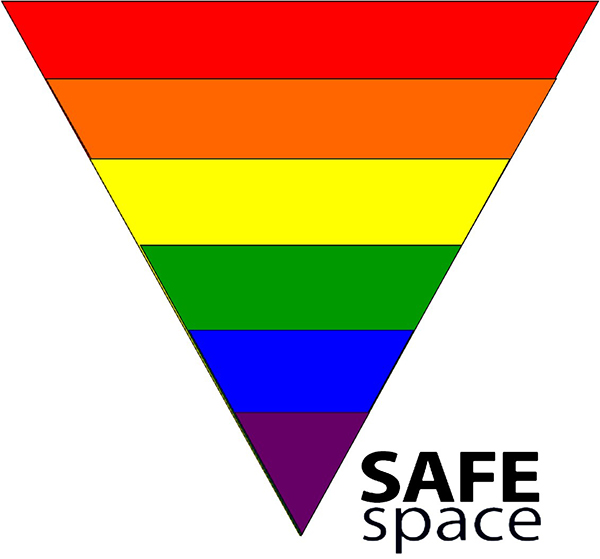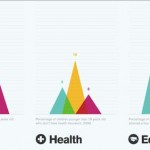I was having a discussion with a student of mine the other day when Milo, another student, needed my attention. I said to the first student, “Milo needs me. Let me just go see what she needs. I’ll be right back.”
“HEY!” said Milo, in a louder-than-normal voice.
“I’m sorry,” I said. “They. They need me. I’ll be right back.”
I wish I could say this was the first time that I had erroneously referred to Milo as a she, knowing that they used “they/them” gender pronouns. It hasn’t always been easy for me to remember, but I’m working hard to get it right. I asked Milo to stick around after class and offered my sincere apologies. “I know better” I said “and sometimes I screw up, and I’m sorry.” Milo looked me right in the eye. “I accept your apology, Eve. Thank you.”
For Milo, and so many other transgender young people, being referred to by the “wrong” gender pronoun is an exhausting and demoralizing daily occurrence. But that’s just the tip of the iceberg.
Earlier this year, The current administration rescinded guidance from the federal government that strongly urged schools to allow transgender students to use bathrooms and other facilities that corresponded to their gender identity. In 2017 alone, bills were introduced in 17 states that propose to ban transgender students from using the school facilities that match the gender they identify with. Moreover, as of today, only 13 states have what are referred to as “fully enumerated anti-bullying laws” that specifically prohibit bullying and harassment of students based on sexual orientation and gender identity.
Arizona is not one of those states.
It does appear that our country is shifting, at least at the political levels. A few weeks ago we saw some incredibly exciting and promising wins on election night. Among many of the LGBTQ candidates to win various positions at the state and local levels was Danica Roem. Roem, a transgender journalist from northern Virginia, defeated a 13-term incumbent, Robert Marshall, who referred to himself as Virginia’s “chief homophobe”. Roem will serve as the first openly transgender person to be elected to the Virginia legislature and the second openly transgender person to be elected to a US state legislature. That night represented a huge victory for the LGBTQ community, but our work as educators is far from done. While adult candidates enjoyed exciting wins on election night, we have young people in our schools every day whose safety and well-being are not guaranteed.
In short, there are no policies, or even strict guidelines, that make our schools particularly safe spaces for our transgender youth. Without policy mandates from the state or federal levels, school leaders are left to make their own choices, and many of our most vulnerable students are left at even greater risk. Thankfully, there are resources to help educators figure out how to do what’s right. GLSEN is the leading national education organization focused on ensuring safe and affirming schools for LGBTQ students and has dozens of resources on its website to help educators make positive changes in their schools.
When Milo made the decision to publicly and vocally call my attention to my mistake, they did so fully knowing that they were safe, that I would take them seriously, and that I would commit to doing better next time. Other transgender students are not so lucky and have no real protections other than ones their educators choose to create.
How refreshing for us as educators that there are still some things left for us to make choices about. Let’s make the right ones.










Comments 2
Our Pride Alliance club just met with our faculty to express these concerns and it was met with mixed results. For some faculty, they were not ready to drop what they felt was grammatically correct. For others, this was absolutely the right thing to do. I was left so impressed with the bravery of these young kids, some of whom haven’t completely explained to their families what is happening that they were able to express how they felt. I also realize that as a school, we have not resolved our path forward to treat these students with the language they are asking for. Thank you for sharing. This has been on my mind and in my heart.
So often educators engage in this discourse colloquially, but not professionally. This is an important dialogue that needs to be published. Thank you.